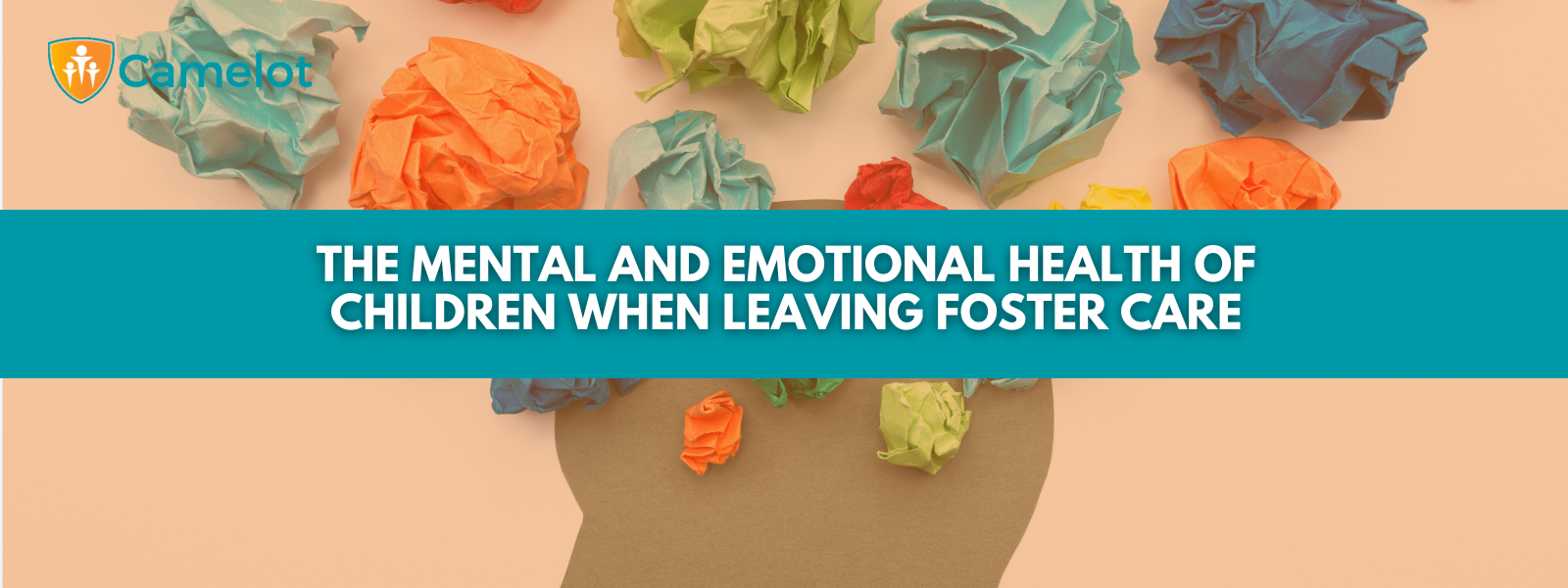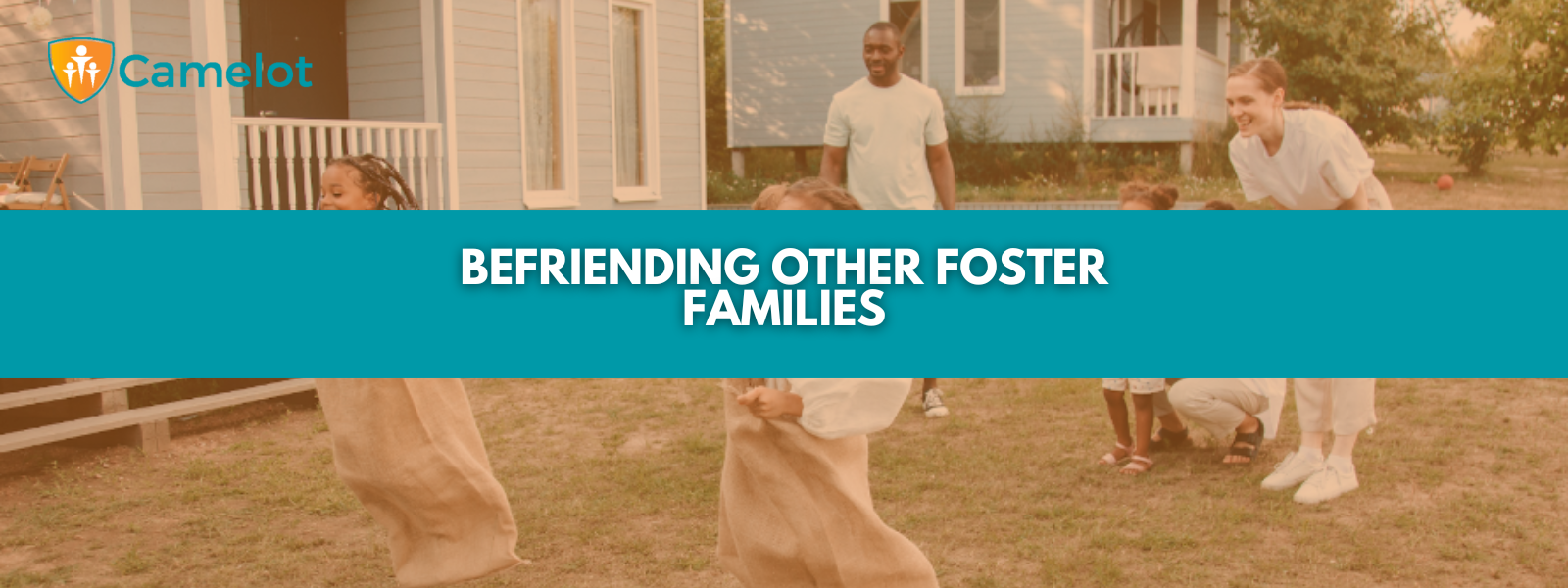Cultural Identity in Foster Care
Cultural Identity in Foster Care

Foster care is a complex web of support and care for children who, for various reasons, cannot reside with their biological families. While the primary goal is to provide a stable and nurturing environment, an often overlooked aspect is the preservation of cultural identity.
Keep reading if you want to understand the pattern of cultural identity in foster care, exploring the challenges, triumphs, and the imperative need for a balanced approach.
The Importance of Cultural Identity
Imagine being uprooted from everything familiar—your home, your language, and your traditions. This is the reality for many children in foster care. Cultural identity is the bedrock of an individual's sense of self, providing a framework for understanding their place in the world. For children in foster care, maintaining a connection to their cultural roots can be the compass guiding them through the tumultuous journey of placement changes and uncertainty.
Challenges Faced by Foster Children
Foster care can present many challenges, and for children, the impact on their cultural identity can be profound. A sudden shift in living arrangements often means a departure from their community, schools, and even places of worship. The loss of these familiar surroundings can erode a child's connection to their cultural heritage, making it essential for caregivers and social workers to be attuned to this aspect of a child's identity.
One of the key challenges is the lack of cultural representation within the foster care system itself. The lack of diversity among foster families and caregivers can inadvertently lead to a dilution of cultural practices. That’s why it’s important for those involved in the foster care process to actively seek and encourage cultural diversity within the system, ensuring that children are placed in environments that respect and celebrate their cultural backgrounds.
The Human Side of Foster Care
Let's take a moment to put ourselves in the shoes of a child navigating the complexities of foster care. Imagine being uprooted from your home, separated from your family, and placed in an unfamiliar environment. Now add the layer of potentially being distanced from the traditions, language, and customs that define your cultural identity. It's not hard to see how this could create a profound sense of loss and confusion.
To truly support children in foster care, we must recognize and address these emotional aspects. It's not just about meeting basic needs; it's about creating an environment where children feel seen, heard, and valued for who they are, including their cultural background. This requires a thoughtful and empathetic approach from everyone involved in the foster care system.
Navigating Cultural Sensitivity
An important aspect of fostering cultural identity lies in navigating the delicate balance of cultural sensitivity. It's not just about offering a diverse menu or decorating their living space with artifacts. True cultural sensitivity involves a nuanced understanding of a child's unique cultural needs, acknowledging that these needs are not a one-size-fits-all scenario.
Social workers and caregivers must be attuned to the specific cultural nuances that shape a child's identity. This means actively seeking information about a child's cultural background, understanding the significance of certain practices, and being open to incorporating these into the child's daily life.
Encouraging Cultural Exploration
Fostering cultural identity doesn't end with merely maintaining existing connections. It's about encouraging exploration and curiosity about one's cultural heritage. This could involve providing resources and books and even connecting children with mentors or community members who can share insights into their culture.
Think of it as a journey of self-discovery for the child. Perhaps they have never celebrated a particular festival or tasted a traditional dish. Providing opportunities for these experiences can be transformative, offering a sense of belonging and pride in their cultural roots.
Breaking Down Stereotypes
One prevalent challenge in foster care is the perpetuation of stereotypes—often unintentionally reinforced by well-meaning caregivers or even within the broader system. For instance, assumptions about certain behaviors or preferences based on a child's cultural background can limit their growth and perpetuate harmful stereotypes.
Breaking down these stereotypes requires a concerted effort from everyone involved in the foster care process. Training and education programs for caregivers and social workers can play a pivotal role in dismantling preconceived notions and fostering an environment that celebrates diversity.
The Role of Community and Extended Family
Since fostering cultural identity is not a solo endeavor, involving the community and extended family becomes very important. Maintaining connections with extended family members, where possible, can provide a bridge to the child's cultural heritage. It offers a network of support and a sense of continuity that transcends placement changes.
Communities, too, play a crucial role in fostering cultural identity. Creating spaces where children can engage with their cultural community—be it through cultural events, language classes, or mentorship programs—can significantly contribute to a child's sense of belonging.
Strategies for Fostering Cultural Identity
Recognizing the importance of cultural identity is only the first step. Implementing strategies to foster and celebrate diversity within the foster care system and being culturally responsive is crucial for the holistic development of children. Here are some key strategies:
Culturally Competent Training for Caregivers
Caregivers play a pivotal role in shaping a child's experience in foster care. Offering culturally competent training to caregivers ensures that they are equipped to understand and respect the cultural backgrounds of the children in their care. This training should encompass not only awareness of cultural traditions but also sensitivity to the unique challenges that may arise.
Culturally Affirming Placements
The importance of matching children with families that share their cultural background cannot be overstated. Efforts should be made to place children in homes where their cultural identity is not only respected but also embraced. This includes considering factors such as language, religious practices, and family traditions.
Access to Cultural Resources
Providing children in foster care with access to resources that celebrate their cultural heritage is essential. This could involve connecting them with community organizations, cultural events, or even mentorship programs that can help reinforce a positive connection to their roots.
Open Communication Channels
Establishing open and honest communication channels is vital. Children should feel comfortable expressing their feelings and concerns about their cultural identity. Caregivers and social workers should actively listen and collaborate with the child to address any challenges they may be facing.
Community Partnerships
Building strong partnerships with community organizations that focus on cultural enrichment can greatly benefit children in foster care. Collaborating with local cultural centers, religious institutions, and community events can provide opportunities for children to engage in activities that reinforce their cultural identity.
Cultural Celebration Events
Organizing cultural celebration events within the foster care community can be both educational and empowering. These events can showcase and celebrate the diverse cultures represented, allowing children to take pride in their heritage. It also provides a platform for caregivers to learn more about and actively participate in these celebrations.
Language Support
For children whose cultural identity is closely tied to a specific language, providing language support is crucial. This may involve arranging language classes or access to resources that help children maintain proficiency in or reconnect with their native language. Language is a powerful carrier of culture, and preserving it can strengthen a child's sense of identity.
Regular Cultural Check-Ins
Incorporating regular check-ins specifically focused on cultural well-being during case reviews ensures that cultural identity remains a priority throughout a child's time in foster care. This ongoing evaluation allows for adjustments to be made and ensures that any emerging challenges to cultural identity are addressed promptly.
Foster Parent Support Networks
Creating support networks for foster parents can facilitate the exchange of ideas and experiences related to cultural identity. Foster parents can learn from each other's successes and challenges, fostering a collaborative approach to supporting the diverse needs of the children in their care.
Support from the Child Welfare System
The child welfare system plays a central role in shaping the foster care experience. Policies and practices should prioritize cultural sensitivity and inclusivity. This includes incorporating cultural competence training for all professionals involved in the system and ensuring that decision-making processes consider the cultural needs of the child.
Conclusion
Fostering cultural identity in the context of foster care is a multi-faceted challenge that requires a concerted effort from all stakeholders involved. It's not just about preserving traditions; it's about nurturing a child's sense of self, resilience, and pride in their cultural heritage.
We must remember that every child is unique, and their journey is shaped by the intersection of several identities, including their cultural background. By weaving a rich tapestry that celebrates diversity, fosters inclusivity, and breaks down stereotypes, we can create a foster care system that not only provides stability but also cultivates a strong sense of cultural identity for every child in its care.
Camelot Care Center in Tennessee is your dedicated resource for support in matters concerning children and foster care. If you need help for any reason, be it proactive or reactionary, we’ll see it through.
Contact us today to get started.






Camelot Care Centers





